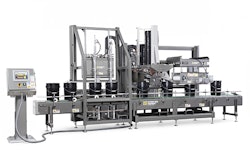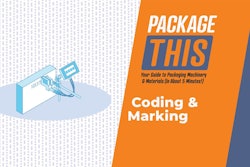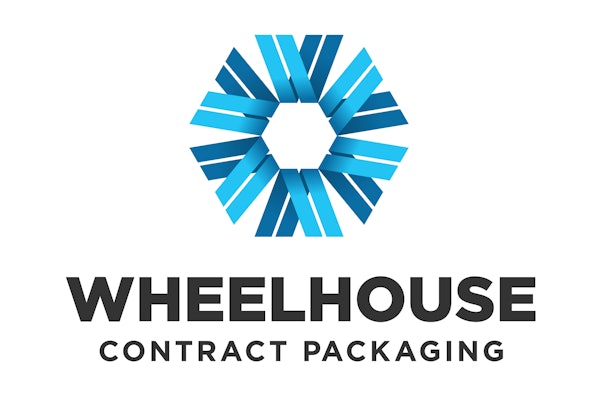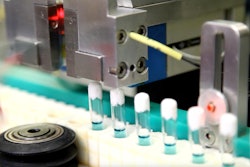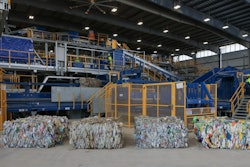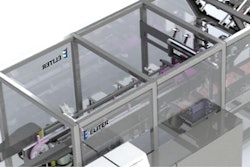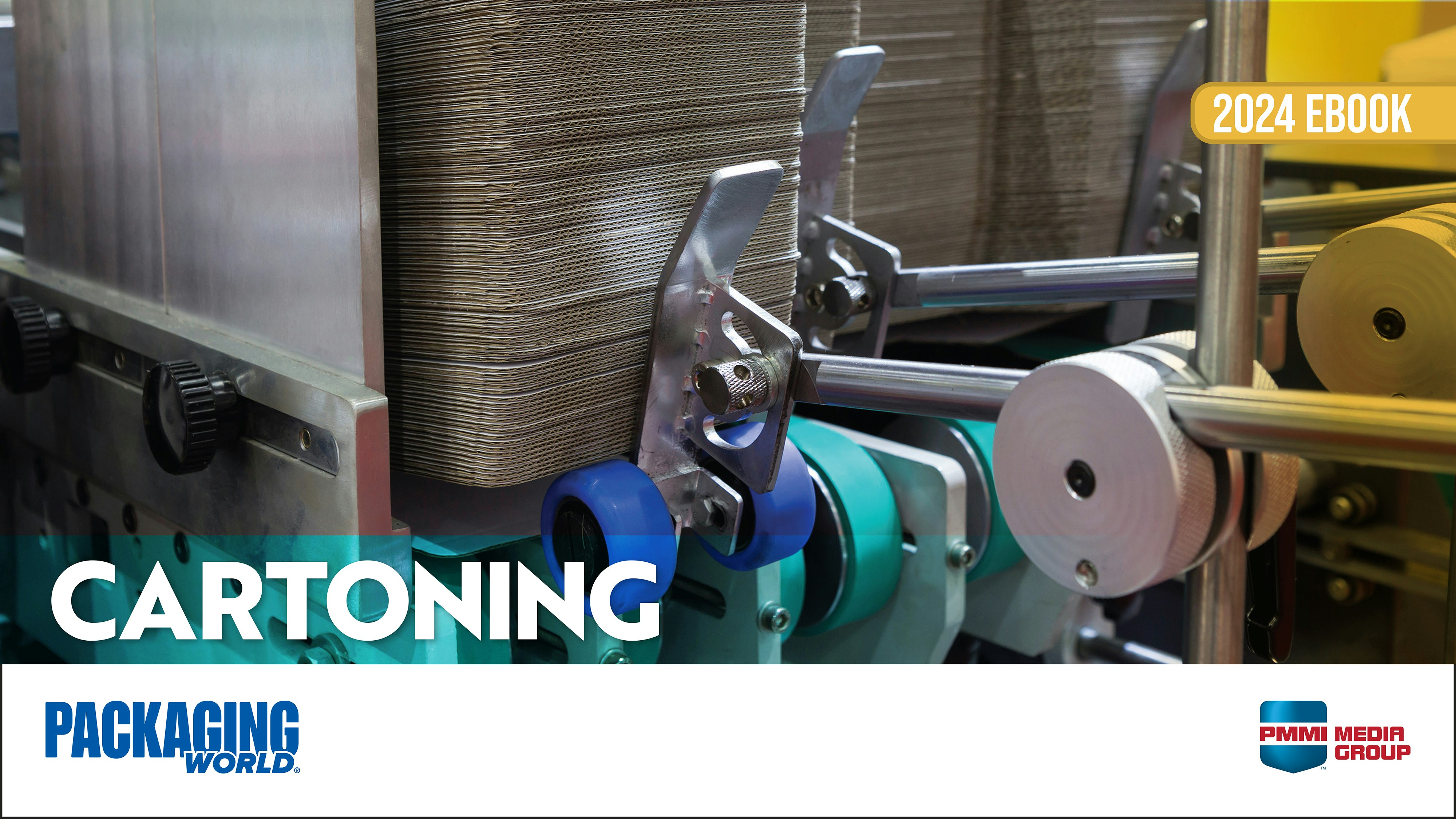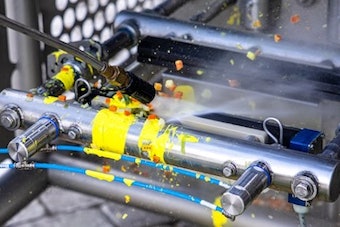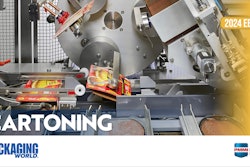
Without a Bachelor of Arts degree, I’m pretty certain I wouldn’t have the opportunity to write this column. Perhaps many of you engineers, managers, scientists, etc., feel similarly regarding the link between your collegiate education and your career opportunities. Education is a key factor in career success. Yet education can lead to considerable financial debt upon graduation, and may even prove to have a negative impact on manufacturing and on the economy. Say what?
In his recent column, “Is too much education the problem with the economy?,” Contributing Editor and “On The Edge” columnist Keith Campbell said that only 26% of jobs require a college degree. Campbell suggested college graduates are “frustrated because they can’t get the job they think they deserve by virtue of having graduated or attended college. Someone needs to tell them that there aren’t enough of those jobs to go around, and there won’t be.” (For more information, see the Manufacturing Workforce Development Playbook.)
Pat Reynolds, VP/Editor of Packaging World magazine, recently wrote, “Give some thought to a recent study showing that the true ratio of jobs in our economy is 1:2:7. In other words, for every one occupation requiring a masters degree or higher, there are two professional jobs requiring a university degree. But there are seven jobs—good ones, too—requiring a one-year certificate or two-year degree. Which brings us to this question: Why should so many young people go so deeply into debt for a four-year university degree when we know for a fact that such degrees are misaligned with the jobs of the future?”
When evaluating new packaging machinery or materials, companies typically determine the potential return on investment when making a purchasing decision. That approach also sounds reasonable in educational and career planning.



